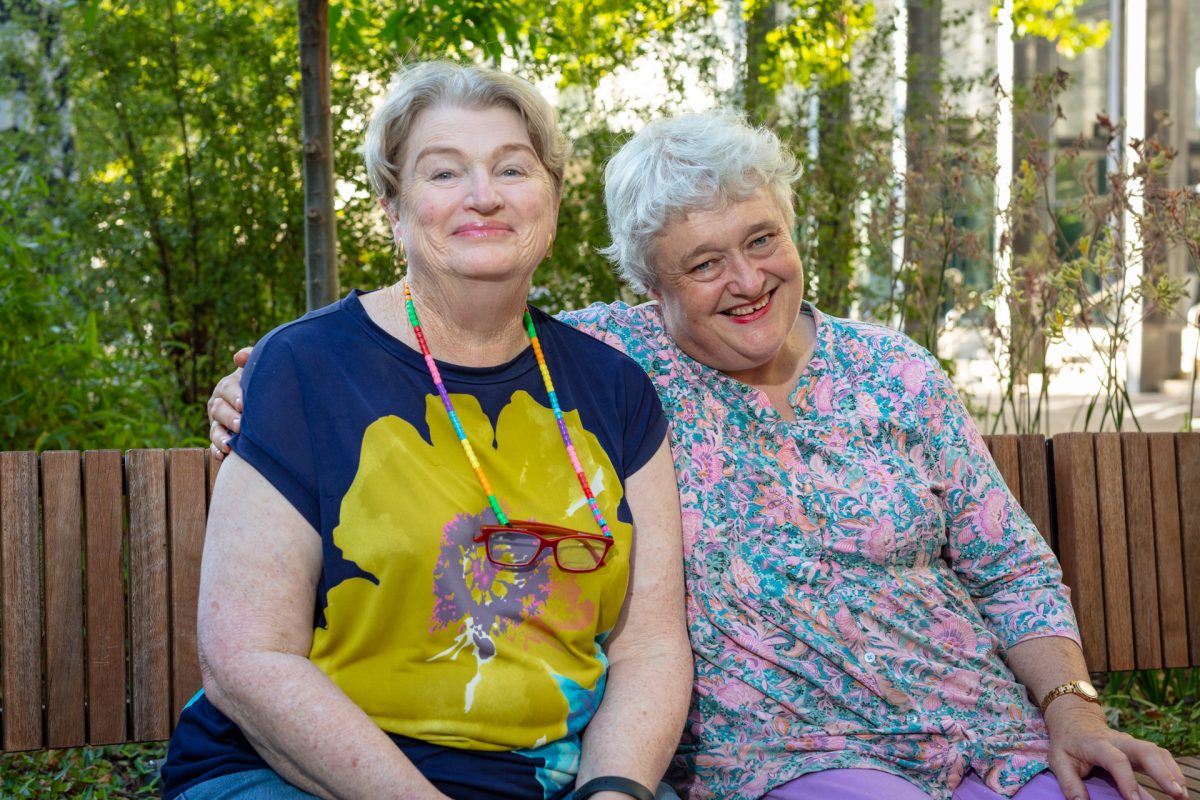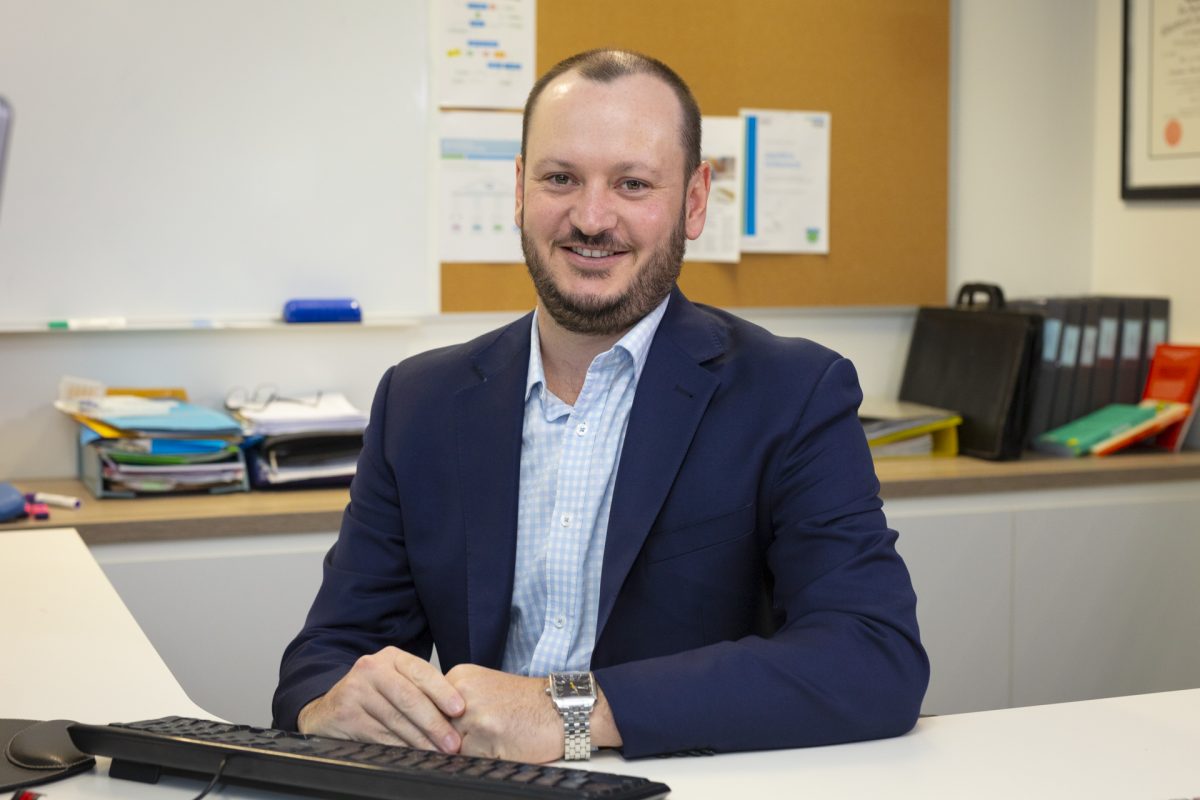
Sandra Blaik and Karna O’Dea have taken steps to safeguard the future of their children with disability. Photo: Thomas Lucraft.
To say Sandra Blaik and her husband are anxious about the future of her autistic son, Rohan, is an understatement.
“I would wake up at night in a cold sweat,” she says.
“As soon as we found out Rohan had autism, we knew we’d be on a different life journey. We’re always worried about his future. Always.
“We love our child. So, of course, we want to make sure we’re doing all we can to secure a good, safe, meaningful and happy life for him.”
Given Rohan’s severe autism – he needs 24/7 care – his safety is Sandra’s primary concern.
“We know you have to put faith in our systems and the NDIS to an extent, but we also know we won’t be around forever if things fall down, so endless questions kept us up at night. Where would he live? Who would watch out for him after we were gone? Would there be enough money to last him a lifetime?
“He does have a sister. We always want her to be interested in him and concerned with him, but we don’t want his future to fall on her after we’re gone.”
Tragic stories such as that of Ann Marie Smith, an Adelaide woman with cerebral palsy who died of criminal negligence by her disability carer, deeply trouble Sandra and her long-time friend and fellow parent of a child with disability, Karna O’Dea.
“We suspected this sort of story was just the tip of the iceberg,” Sandra says.
“We knew we had to act for our children.”
The pair gathered all the information they needed to make a plan – a process that was illuminating and relieved them from their constant fear.
Knowing the information would be invaluable, they organised a free one-day workshop for parents and guardians of people with disability about safeguarding the future of their loved ones.
With help from the ACT Office of Disability and Imagine More, Sandra and Karna gathered local experts to provide comprehensive and practical advice on everything from wills to guardianship, estate planning to disability trusts and supported decision-making.

Chris Oates, a financial advisor for the Canberra office of RSM Financial Services Australia, will be one of the experts at the workshop. Photo: Thomas Lucraft.
The workshop aims to “de-mystify” the process.
“We want people to know these experts exist who can help them onto the right pathway for them and that it’s not as hard as it might seem,” Sandra says.
“We want them to know it’s never too late – or too early, for that matter – to start planning for this. Especially if you find the right people.”
The room will be full of “the right people” on the day, including Helen Connolly from Public Trustee, who will speak on guardianship and supported decision-making, disability advocates, lawyers and financial experts.
In his contribution Chris Oates, a financial advisor at the Canberra office of RSM Financial Services Australia, will focus on the various pathways to securing a financial future for children with ongoing needs, covering factors such as investment, insurance, income and assets, and the multiple ways they can evolve with a person’s changing needs.
“People who are the primary caregivers for someone with a disability spend so much of their time caring for them, and quite often, the money it takes to look after them comes out of their pockets, so it’s entirely natural for them to worry about what will happen when they’re not around and to feel overwhelmed by that,” he says.
“The process of financial planning is fairly simple – we establish where you are, where you need to be and then explore all the options that could fill in the middle part. That’s what we’re looking at in this workshop.
“The main thing to know from the start, though, is that there are most certainly things you can do between now and when you pass away to ensure your people are looked after.”
Sandra says the event’s message is an optimistic one.
“We all want the best lives for our people and we have to scaffold their lives in a way that’s less problematic for the people who come after us,” she says.
“We hope after attending this event, people walk away with their questions answered, lots of ideas and a clearer way forward.”
The Safeguarding the Future of Your Family Member with Disability workshop taking place on Thursday, 23 March, is currently sold out – click here to join the waitlist.












